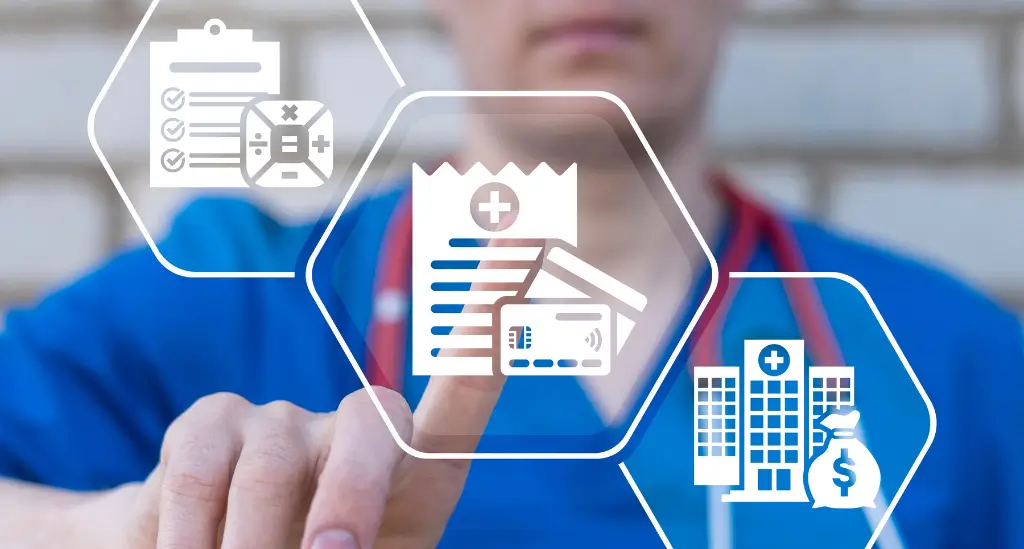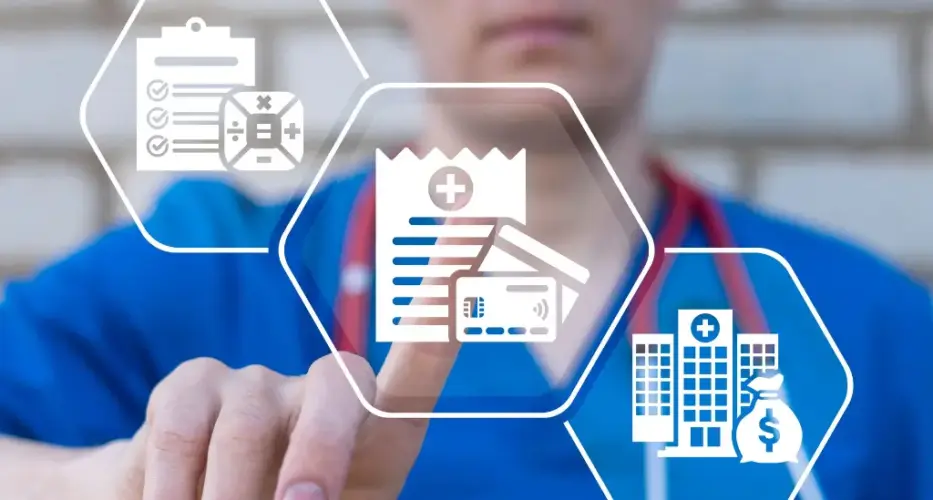
In the race to improve margins and reduce bad debt, balancing financial performance, managing costs, and maintaining patient relationships is a delicate balance.
While many health systems focus heavily on back-end collections or denials management, the early out phase is where long-term financial relationships with patients are won or lost. Yet it’s often misunderstood — or underutilized.
Here’s why that needs to change.
What Is Early Out Self-Pay?
Early out self-pay refers to the period after insurance is billed but before delinquency or collections — typically the first 30 to 90 days after a balance becomes patient responsibility. The goal is to resolve patient balances early, proactively, and with empathy.
Rather than sending patients into a confusing maze of statements and call centers, early out teams provide:
- Clear communication
- Flexible payment options
- Financial assistance guidance
- Support in navigating confusing bills
- A wide range of tools that make payment easy
In short: when done right, it pays off for everyone.
The Problem: Patients Don’t Know What They Owe — or Why
A recent survey by InstaMed found that 72% of patients are confused by their medical bills, and almost 70% prefer digital payment options — yet many providers still rely on static, paper-heavy processes.
The result? Delays. Frustration. Missed payments. And ultimately, rising bad debt.
Early out self-pay programs fill that gap by creating a structured, high-touch experience when patients are most likely to pay — before the balance feels overwhelming or punitive.
Why Early Out Self-Pay Works for Providers
When implemented strategically, early out programs can:
- Increase patient recoveries
Reduce bad debt placement and write-offs
Free up internal staff from manual outreach and statement follow-up
Protect patient satisfaction scores, especially in value-based contracts
But the biggest benefit? Speed — and everything that comes with it.
When balances are addressed early in the revenue cycle, the likelihood of full recovery is significantly higher. Patients are more responsive, the amount owed is more manageable, and the experience is still fresh in their minds. That combination leads to higher recovery rates, fewer payment delays, and less need for escalated follow-up.
The longer a balance sits, the harder it is to recover — not just because of patient avoidance, but because balances age, priorities shift, and financial circumstances change. In fact, By the time a bill gets to more than 120 days in accounts receivable, the average collection rate on it is just 10 cents per dollar.
Early out self-pay shortens that window dramatically, turning accounts receivable into real cash faster and more reliably. It’s not just about speed for speed’s sake — it’s about maximizing both cash flow and recovery performance when the opportunity is strongest.
The Role of Real-Time Eligibility and Estimation Tools
Too often, the patient responsibility conversation starts after a patient receives care and a surprise bill. But by integrating real-time eligibility verification and patient liability estimators upfront, providers can:
- Set payment expectations early
- Reduce confusion during follow-up
- Prevent sticker shock that leads to delay or non-payment
When a patient hears the same estimate during check-in that they later see on a bill, it creates continuity and trust. That, in turn, makes early outreach feel like a reminder — not a demand.
Consider embedding these tools into both the front-end registration and the early-out communication process to maintain a unified message.
The Patient Financial Experience Factor
Too often, billing is the only part of a patient’s journey that feels impersonal.
They may have received compassionate care from clinicians — only to get a cold, confusing bill weeks later.
Early out self-pay teams act as a bridge between care and recoveries, keeping empathy at the center. That might mean:
- Explaining why the balance exists
- Breaking down insurance adjustments
- Walking through payment plan options
- Identifying if financial assistance applies
These aren’t just recovery tactics — they’re reputation builders.
Using Technology to Personalize the Patient Payment Experience
While early out self-pay is often discussed in terms of timing and empathy, the how of communication matters just as much.
Patients expect digital options — but more than that, they expect personalized, frictionless experiences, just like they get from retail or financial apps.
Modern early out strategies can leverage:
- Automated text and email reminders based on patient behavior (e.g., open rates, time of day)
- Dynamic payment portals that adjust language and layout based on balance type or visit category
- Smart IVR systems that route patients to the right support without unnecessary steps
These tools don’t just improve efficiency — they increase the chance of resolving a balance on the first outreach.
How to Evolve Your Early Out Strategy
Here are 4 ways to modernize early out self-pay outreach:
- Use plain language, not EOB lingo.
Bills should make sense to someone with no healthcare background. - Offer omnichannel payment options.
Text-to-pay, online portals, mobile-friendly statements — meet patients where they are. In fact, at Revco, our experienced healthcare agents leverage the latest technology to connect with patients where they want to be reached: via call, text, email, or live chat and offer 24/7 access to their payment portal to make payment as easy and convenient as possible. The result: Increased financial strength and an enhanced reputation for your organization. - Train reps for empathy, not pressure: Patients respond better to guidance than to scripted payment pushes.
- Partner with experts who focus on compliance and experience.
A valued partner can scale your outreach and improve results without sacrificing patient trust. On average, healthcare agents have a tenure of less than one year — at Revco, it’s 4+. During our typical agents first four years, they drive an increase in recoveries of more than 61%. As a result of their loyalty, our healthcare agents build the expertise needed to recover more while actually improving the patient’s financial experience. It’s one of the many ways we are raising the patient experience to a higher standard!
Final Word: It’s Not Just About Payment — It’s About Trust
In today’s healthcare environment, where price transparency and consumer expectations are rising, early out self-pay is more than a tactic — it’s a relationship opportunity.
When providers meet patients with clarity, empathy, and options, they don’t just recover balances — they earn loyalty.
And that’s something worth investing in.
At Revco, we take pride in raising the patient financial experience to a higher standard. Want to see how we can support early out self-pay programs that deliver results?
Contact us or explore our services page!



